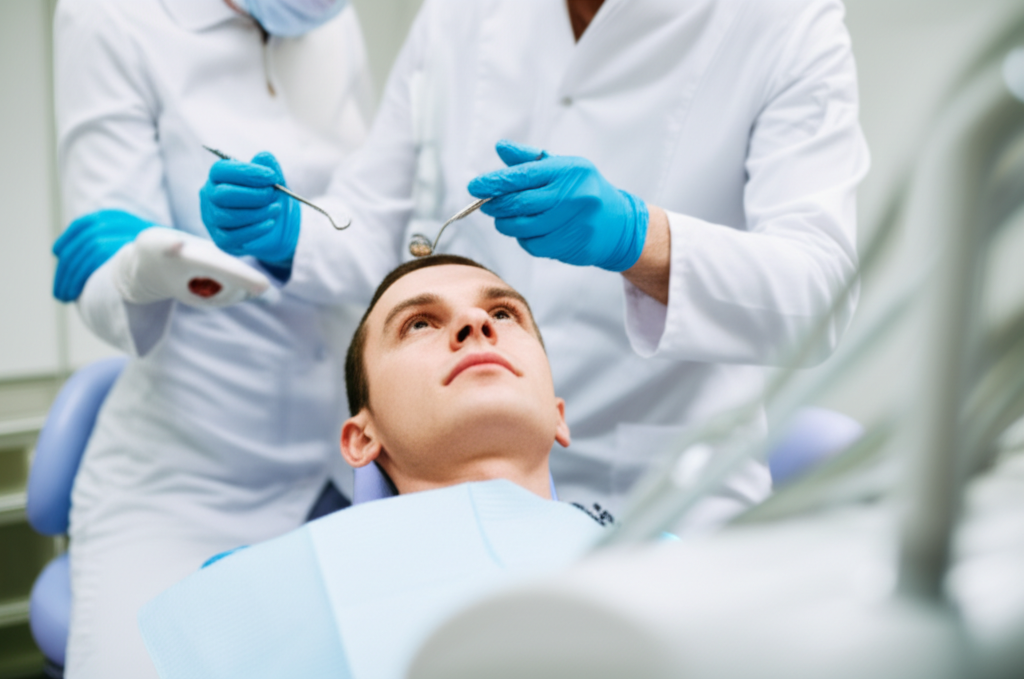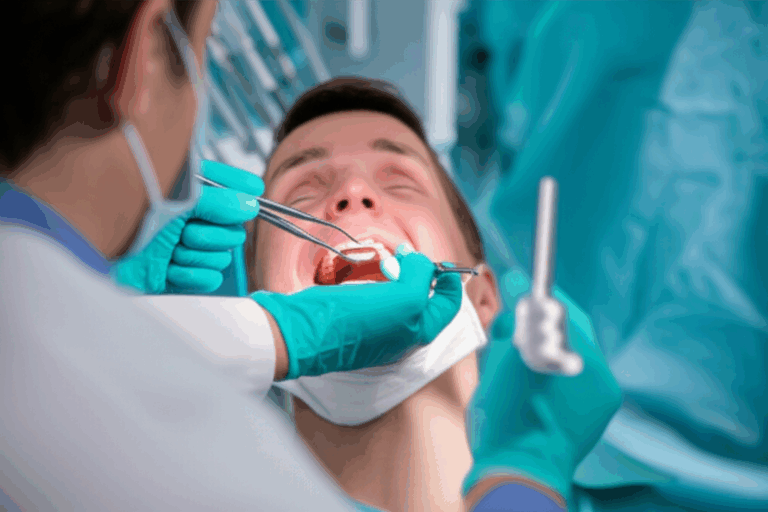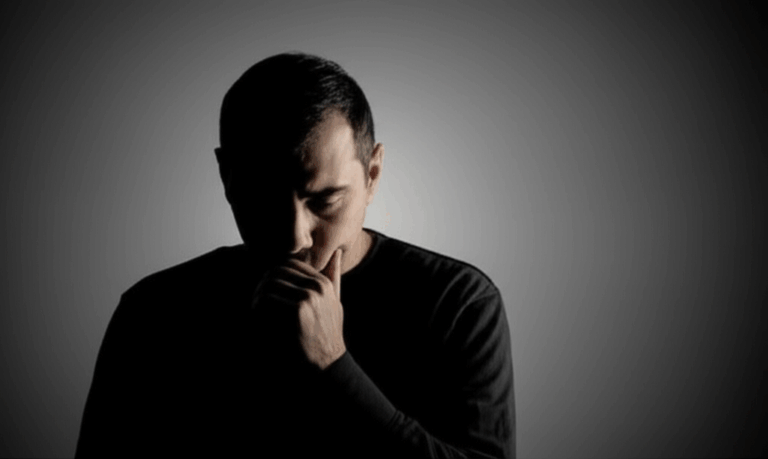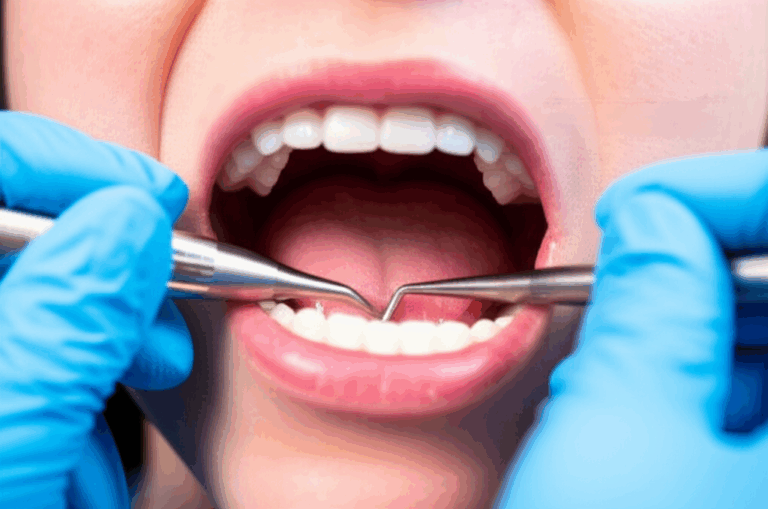
How to Avoid Vertigo at the Dentist: Your Easy Guide to a Dizziness-Free Visit
Feeling dizzy or lightheaded at the dentist isn’t just annoying—it can make even a simple cleaning feel impossible. If you’ve ever worried about vertigo or spinning feelings in the dental chair, you’re not alone. This guide has clear steps and tips to help both adults and kids have calmer, steadier dental visits. You’ll learn why vertigo happens and what you, your dentist, and the whole team can do to help you feel better.
Table of Contents
1. What Is Vertigo and Why Do People Get Dizzy at the Dentist?
Have you ever felt like the room is spinning when you lay back at the dentist? That spinning, dizzy feeling is called vertigo. Vertigo makes you feel like you or the room are moving, even when you aren’t. It’s more than just feeling lightheaded.
Vertigo can happen for lots of reasons at the dentist. Sometimes it’s when they move the chair. Sometimes it’s from being nervous, or even being hungry before your appointment. Knowing why it happens is the first step to dealing with it.
When I first got vertigo at the dentist, I was scared and embarrassed. Was something wrong with me? Turns out, dental vertigo is actually pretty common, mostly if you already have things like BPPV (Benign Paroxysmal Positional Vertigo) or deal with anxiety.
2. Why Does My Stomach Feel Upset When I Sit in the Dental Chair?
You sit down, and as the chair goes back, your stomach feels funny. Why does that happen? It’s not just nerves—there are real reasons why dizziness can sneak up on you:
- Chair Position Changes: Letting your head go up and down fast can confuse the balance part of your ears. Your vestibular system (the part inside your ear that keeps your balance) notices fast movements and sometimes gets mixed up, causing vertigo.
- Lying Flat or Leaning Back: Being way back with your head lower than your heart can change your blood flow. Sometimes, your blood pressure drops, and your brain doesn’t get enough oxygen for a moment. That can feel like your head is spinning or heavy.
This is what dentists call postural hypotension—and yes, it’s a big word.
3. What Medical Conditions Cause Vertigo at the Dentist?
Some health problems make it more likely you’ll feel dizzy in the dental chair. Here are some you might know:
- BPPV: The most common kind of vertigo that comes from changing positions. Lying back can move small crystals in your ear and make your balance feel off.
- Meniere’s Disease: A long-term ear problem that causes dizziness, hearing loss, and buzzing in the ears.
- TMJ Disorders: Issues with your jaw joint can send mixed signals to your brain and sometimes cause dizziness.
- Migraines: People with migraine-associated vertigo might feel dizzy during dental visits, especially with bright lights or loud noises.
- Medicine Side Effects: Some drugs for anxiety, blood pressure, or allergies can drop your blood pressure or mess with your balance.
If you know you have any of these, let your dentist know. They know how to help.
4. Can How You Eat and Drink Change How You Feel?
Yes! One easy way to help stop dizziness is to think about what you eat and drink before your visit.
- Drink Water: Have plenty of water before your appointment. Not drinking enough is a big reason people get dizzy—not just at the dentist, but anywhere.
- Light Snack: Eat a small meal or snack at least an hour before. Skipping meals lowers your blood sugar and can make you feel weak or wonky.
- Cut Down on Caffeine: Try not to have strong coffee, energy drinks, and even too much tea before your visit. High caffeine can make anxiety worse and can make you dry.
- Skip Alcohol and Smoking: Drinking alcohol or smoking before your appointment can make you dry, feel more sick, and even start a dizzy spell.
I’ve seen patients faint after missing breakfast before an appointment. A simple granola bar and a glass of water can really help.
5. How Does Fear or Stress Make Vertigo Worse?
Let’s be honest—just thinking about the dentist can make you nervous. I used to have bad dental anxiety, so I get how scary it feels.
When you’re worried, your body makes stress chemicals. These can:
- Make you breathe too fast
- Cause a vasovagal response—your pulse drops, and you feel like you’re about to faint
- Make all your muscles tight, including your jaw and neck
All of this can make you dizzy! Even sounds, smells, or bright lights at the dentist can make you feel overwhelmed.
You’re not weak or silly for being nervous. Your dentist gets it, and there are ways to help both your mind and body relax.
6. Before You Go: What Should You Tell Your Dentist?
Sometimes, just saying, “I sometimes get dizzy at the dentist,” can really help. Dentists want you to be safe and comfortable. Tell them:
- If you’ve ever fainted, gotten dizzy, or had a panic attack at the dentist
- Any health problems you have, like BPPV, anxiety disorders, or migraines
- What things help you stay calm—like music or having a friend close by
- If you need more breaks or want the chair to move slower
Making a quick note or list helps, especially if you forget once you’re nervous.
7. What Are the Best Tips for Avoiding Vertigo Before Your Dental Appointment?
Planning ahead helps a lot! Here are my top tips to keep your head clear before you even go to the dentist:
If you have BPPV and know the Epley Maneuver (a simple head move that helps some vertigo), some doctors say to do it a few hours before your visit.
8. What Should You Do During a Dental Visit to Stay Steady?
You made it to the office! Here’s what can help:
- Ask for Slow Chair Moves: Tell them to change the chair slowly, especially when you lay back or sit up.
- Support Your Neck: Ask for a pillow or rolled towel for your head or shoulders.
- Look at One Spot: Try staring at a spot above you to keep your brain focused.
- Signal for a Break: Agree on a little hand wave if you feel dizzy or need a break.
- Breathe Slowly: Take slow, deep breaths if you feel nervous or dizzy.
Don’t be shy—ask for breaks or to sit up if you need to. Your safety is most important.
9. What Can the Dental Team Do to Help You?
A good dental team knows how to help patients who get dizzy. Here’s what they can do:
- Talk with You: They’ll listen to what you need and explain what’s happening.
- Move the Chair Gently: They’ll go slow and help support your head and neck.
- Give Breaks: They won’t rush and will let you rest if you ask.
- Give Comfort Items: Some clinics have blankets, headphones, or play music to help you relax.
- Mild Sedation: For really tough cases, dentists can use nitrous oxide (laughing gas) or pills to keep you calm.
Sometimes, using a china dental lab helps by making visits shorter and simpler, especially when new technology helps get dental work done faster.
10. After the Dentist: How Do You Recover and Stay Safe?
You’re not done as soon as your cleaning or filling ends. Here’s how to stop the dizziness as you leave:
After your visit, write down what helped and what didn’t. Next time will be even easier.
11. When Should You Call a Doctor About Dizziness?
Most dizziness goes away quickly. But sometimes, you need to check with a doctor:
- If you get really bad, sudden vertigo that doesn’t stop
- If you lose hearing, see double, or have trouble talking
- If you faint and don’t wake up right away
This could mean something more serious. Call your doctor or get help fast. The dental team can get help for you too.
If your vertigo doesn’t get better, ask about seeing an ENT specialist or neurologist. They can help figure out balance and ear problems.
12. What If You Need Special Dental Work?
Sometimes, your dentist needs to do more work—like crowns, dentures, or use high-tech tools. Modern dental labs—like a digital dental lab—make custom crowns and bridges quicker than before, so your appointments are shorter and you’re not in the chair as long.
If you need an implant, a skilled implant dental laboratory makes sure everything fits the first time, which means fewer visits and less time to feel dizzy.
Ask your dentist about their dental lab partners and new comfort materials, especially if you get dizzy a lot.
13. Frequently Asked Questions (FAQ)
Q: Is it safe to get dental treatment if I sometimes get dizzy or faint?
A: Yes, as long as your dentist knows about your problems and you work together, dental care is safe.
Q: Should I take my vertigo medicine before my appointment?
A: Talk to your doctor. Some medicines can make you sleepy—don’t drive if you feel tired.
Q: Can I bring someone with me?
A: Totally. Having someone with you helps many people feel steadier.
Q: Does all dental work cause vertigo?
A: No. With good planning, most people can get in and out with no problems.
Q: Will my dentist be annoyed if I ask for special treatment?
A: No. Dentists want you to speak up! Your comfort matters, and you should feel safe.
14. Key Points: Quick Tips for Dizziness-Free Dental Visits
- Tell your dental team about past vertigo or fainting
- Eat and drink before your visit to keep your blood sugar up
- Move slowly and use support in the chair
- Ask for breaks and talk to your dentist
- Practice calm breathing before and during your visit
- Work with your dental team and talk about new dental labs that keep appointments simple and quick
If you are ready and talk about what you need, people with vertigo or other dizzy problems can still have smooth, stress-free dental appointments. Don’t let vertigo stop you from having a healthy smile!
Article reviewed and approved by Dr. Joe Dental, DDS.








